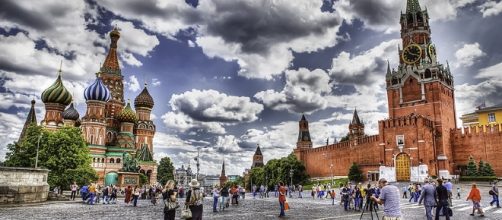For many centuries Russians have felt that Ukraine belongs to them, it's been this way since the times of the Tsar. It's been this way during the years of the Soviet Union and even today. The Putin government decided to invade Crimea and annexed it in 2014. the us and the Western World sided with Ukraine, thus, they took the right steps. The American government punished the Russian economy, it increased the oil production drastically to reduce the price of the oil barrel. In a certain moment the price of the barrel was just one-third of its peak, what did it mean Moscow?
The per capita income eroded
The Russian output of goods and services per person was more than $15,500 one year before the occupation of Crimea, but then it fell drastically. The sanctions imposed by the US have made the Russian per capita fall to less than $9,000 in 2016, it's less than 58% of its peak. Moscow depends on oil, it's a key export.
The economy shrank in almost $1 trillion
The Russian economy was $2.23 trillion in 2013 but it fell to less than $1.3 trillion last year, thus, it lost almost $1 trillion. It was a huge collapse and it will need many years to recover. One of the main reasons for this fall is that the Russian Ruble is worth almost twice less than in the past and in a certain moment it was even more devalued.
The Russian foreign trade was hit
Moscow exports a lot of oil and other products, thus, after the sanctions the foreign trade suffered the consequences. Russia exported $522 billion one year before the invasion of Ukraine, but it sold abroad just $282 billion in 2016. The imports fell from $341 billion to $192 billion in the same length of time, and the most painful statistic is that the Russian trade surplus fell from $181 billion to $90.3 billion. Foreign trade is key for the development of nations, it's been this way with Germany, Japan, South Korea and other countries.
The international reserves lost more than $130 billion
The radioactivity of the sanctions imposed by the US affected the international reserves of the biggest country on the planet.
They were $510 billion in 2013 and they fell to $378 billion in 2016, these reserves depend on oil revenues. If Russia has a strong trade surplus, it can have big reserves. Oil is for Russia what the cars are for Germany and Japan. Next time Putin wants to invade a country he will have to think twice unless he wants almost 150 million people to feel the pain.


